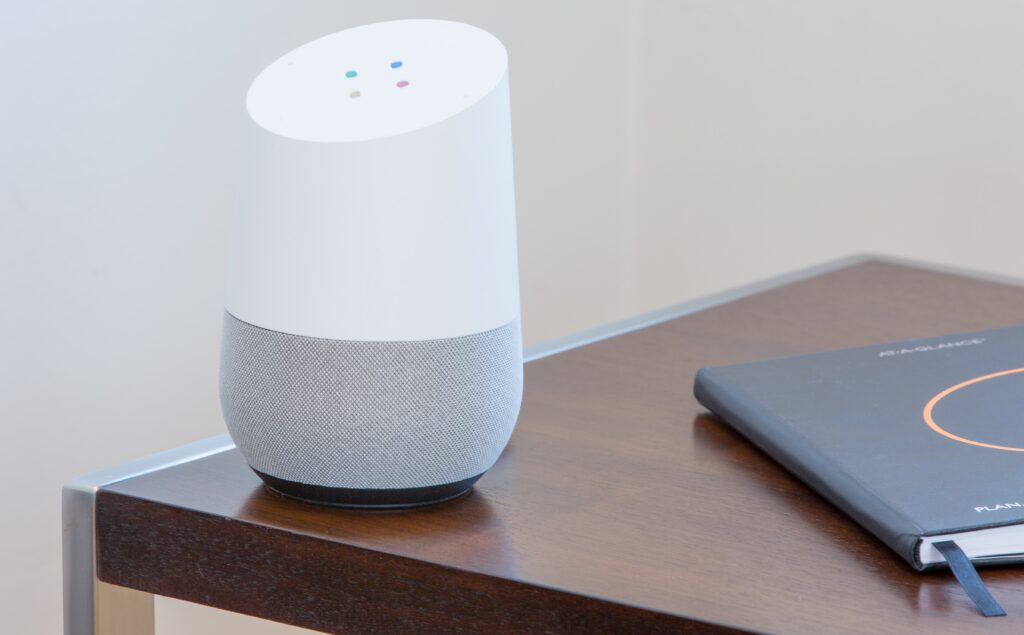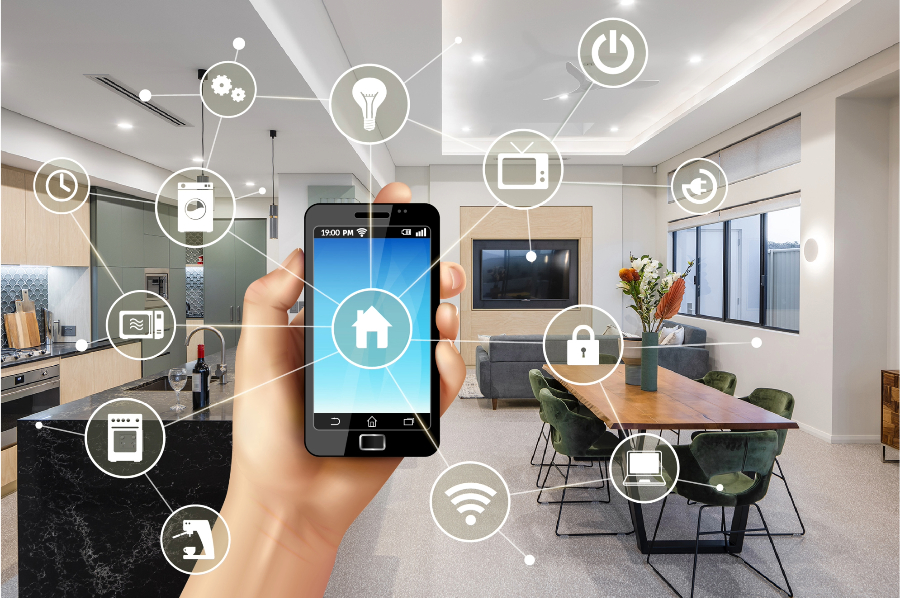In today’s fast-paced world, keeping track of appointments, meetings, and deadlines can be overwhelming. Voice-controlled calendars and scheduling solutions have emerged as a game-changer for creative professionals and individuals alike. These innovations allow users to manage their time more efficiently and effectively, offering a seamless integration into everyday routines.

The Rise of Voice-Controlled Technology
Voice-controlled technology has seen a significant rise, becoming an integral part of smart devices. From smartphones to smart home systems, the ability to control functions through voice commands has made technology more accessible and convenient. One of the areas where this technology is making a notable impact is in calendar management and scheduling.
Benefits of Voice-Controlled Calendars
Voice-controlled calendars bring numerous benefits, especially for those who are always on the go. They allow users to set appointments, receive reminders, and even reschedule meetings without the need to manually input data. This hands-free approach saves time and reduces the risk of missing important engagements.
Enhanced Productivity
By using voice commands, professionals can quickly check their schedules and make adjustments on the fly. This means less time spent on organizing and more time focused on productive work. According to a study by Forbes, voice-activated tech can lead to significant time savings.
Seamless Integration
Many voice-controlled calendars seamlessly integrate with other smart devices, creating a cohesive ecosystem for managing daily tasks. This integration is particularly beneficial for creative professionals who often juggle multiple projects and need to stay organized across various platforms.
How It Works
Voice-controlled scheduling utilizes advanced machine learning and voice recognition technologies. Users can simply speak commands to their devices, which then process the information and update the calendar accordingly.
Setting Up Voice Commands
To get started, users must first enable voice recognition features on their devices. This might involve setting up a voice profile or connecting the device to a smart assistant like Alexa or Google Assistant. For more detailed instructions, check out our guide on connecting smart devices with Alexa.
Examples of Common Commands
Some common voice commands include adding events, setting reminders, and checking the day’s schedule. Users can say, ‘Add a meeting to my calendar for tomorrow at 10 AM,’ or ‘What’s on my schedule for today?’ These commands are intuitive and easy to remember.
Challenges and Considerations
While voice-controlled calendars offer many benefits, there are challenges to consider. Issues like privacy concerns, the need for a reliable internet connection, and the accuracy of voice recognition can impact user experience.
Privacy Concerns
As with any technology that listens for voice commands, privacy is a significant concern. Users should ensure that their devices have robust security settings to protect personal information.
Reliability and Accuracy
The accuracy of voice recognition can vary depending on factors like background noise and the user’s accent. Continuous advancements in technology are improving these aspects, but users should be aware of potential limitations.
Future of Voice-Controlled Scheduling
The future of voice-controlled calendars and scheduling is promising. As technology evolves, we can expect even more seamless integrations and enhanced functionalities. The ability to manage time effectively will become even more critical in our increasingly busy lives.
Integration with Other Technologies
Future advancements may include deeper integration with other technologies, such as AI-driven analytics that offer personalized scheduling recommendations based on user habits and preferences.
Expanding Accessibility
As these technologies become more widespread, they will likely become more accessible to a broader audience, including those with disabilities who can benefit greatly from hands-free solutions.
Conclusion
In conclusion, voice-controlled calendars and scheduling are transforming how we manage our time. For creative professionals, these tools offer a way to streamline workflows and enhance productivity. By embracing these technologies, individuals can enjoy a more organized and efficient daily routine.

Frequently Asked Questions
How secure are voice-controlled calendars?
Security depends on the device and settings used. It’s essential to choose devices with strong security features and regularly update software to protect against vulnerabilities.
Can voice-controlled calendars work offline?
Most voice-controlled features require an internet connection to access cloud services. However, some devices may offer limited offline functionalities.
What devices support voice-controlled scheduling?
Many smart devices, including smartphones and smart speakers, support voice-controlled scheduling. Popular options include devices from Google, Amazon, and Apple.
This article contains affiliate links. We may earn a commission at no extra cost to you.





